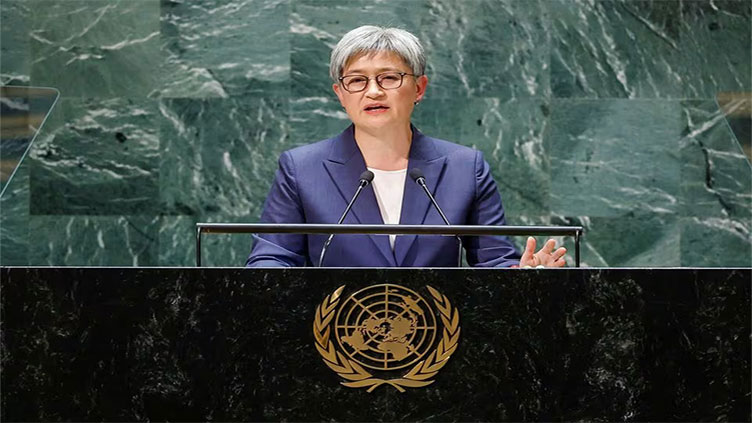Australia backs UN resolution for Gaza ceasefire in rare split with US

World
Australia FM the country had supported a UN resolution calling for a humanitarian ceasefire in Gaza.
SYDNEY (Reuters) - Australia Foreign Minister Penny Wong said on Wednesday the country had supported a UN resolution calling for a humanitarian ceasefire in Gaza out of concern for civilians in the besieged enclave, in a rare split with close ally the United States.
After dire warnings by U.N. officials over a deepening humanitarian crisis in Gaza in the two month long war between Israel and Hamas militants, the 193-member U.N. General Assembly passed a resolution calling for a ceasefire with 153 countries including Australia voting in favour and 23 abstaining.
Ten countries voted against including the U.S. and Israel, which argue a ceasefire only benefits Hamas.
"Australia has consistently affirmed Israel's right to defend itself," Wong told a news conference in Adelaide after the UN resolution passed.
"And in doing so, we have said as Israel must respect international humanitarian law, civilians and civilian infrastructure, including hospitals must be protected.
"The resolution we have supported is consistent with the position we have previously outlined on these issues.
Canada, Australia and New Zealand - which along with the US and Britain make up the intelligence alliance known as the Five Eyes - released a joint statement on Tuesday backing the ceasefire.
"We think it's important that we have very close allies and like-minded countries speak together in support of the position that we've articulated," Wong said, adding the statement had been under discussion "for some time".
Australia and Canada abstained from an October UN resolution calling for a ceasefire, with New Zealand voting in favour.
The U.S. is one of Australia's closest allies. As well as the Five Eyes, the two nations are part of the AUKUS security pact with Britain, and have been in lock step on foreign policy for decades.


